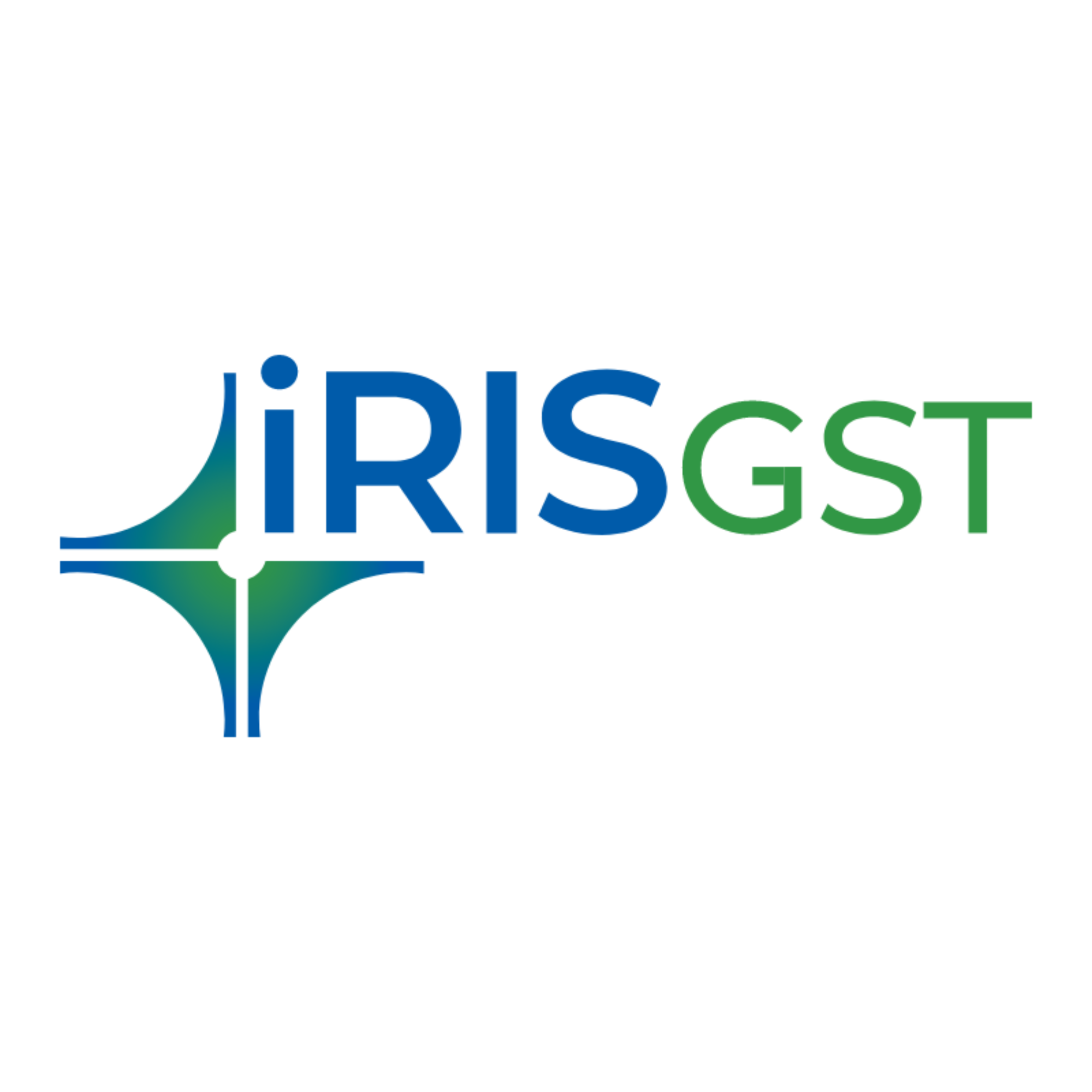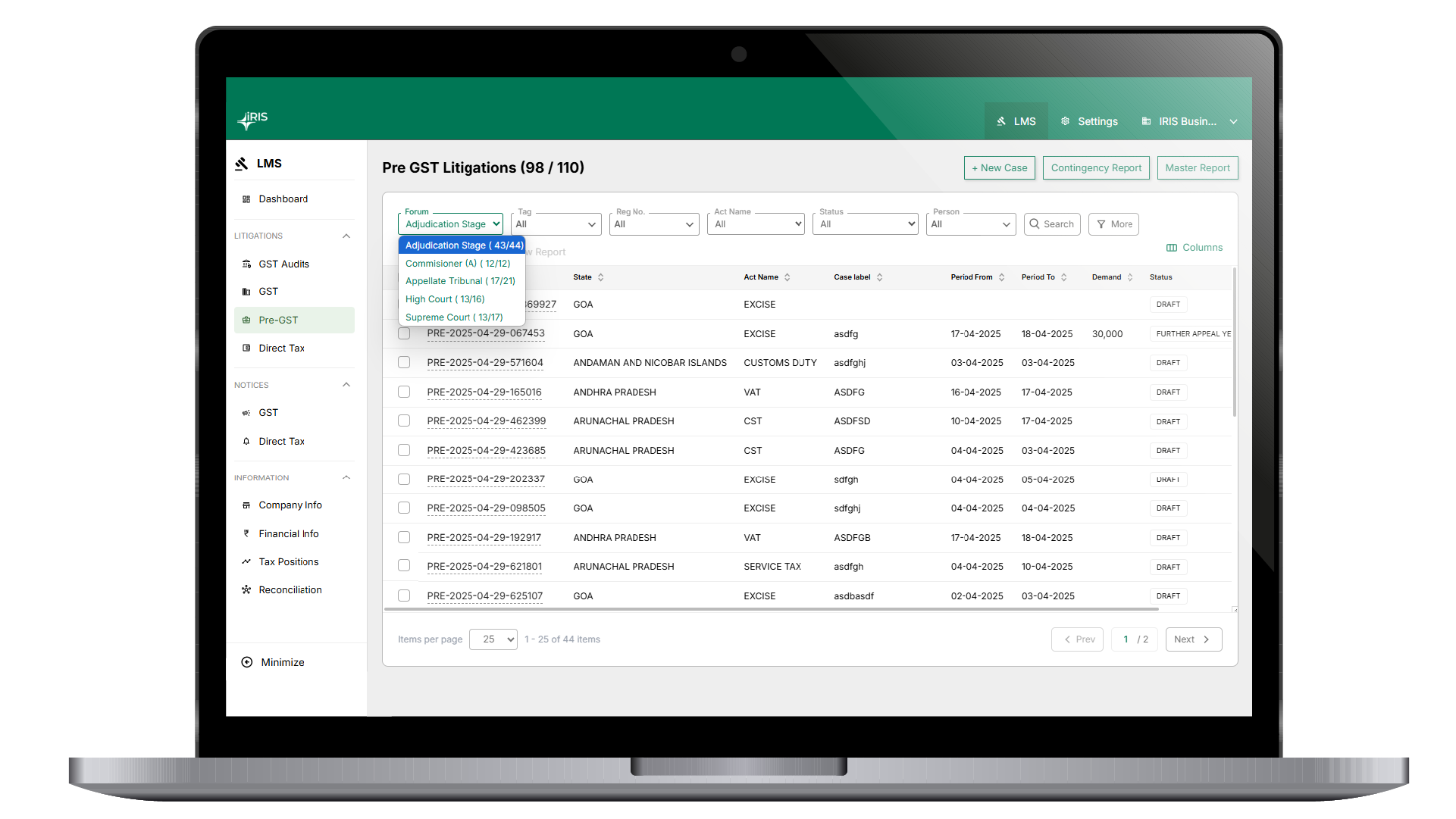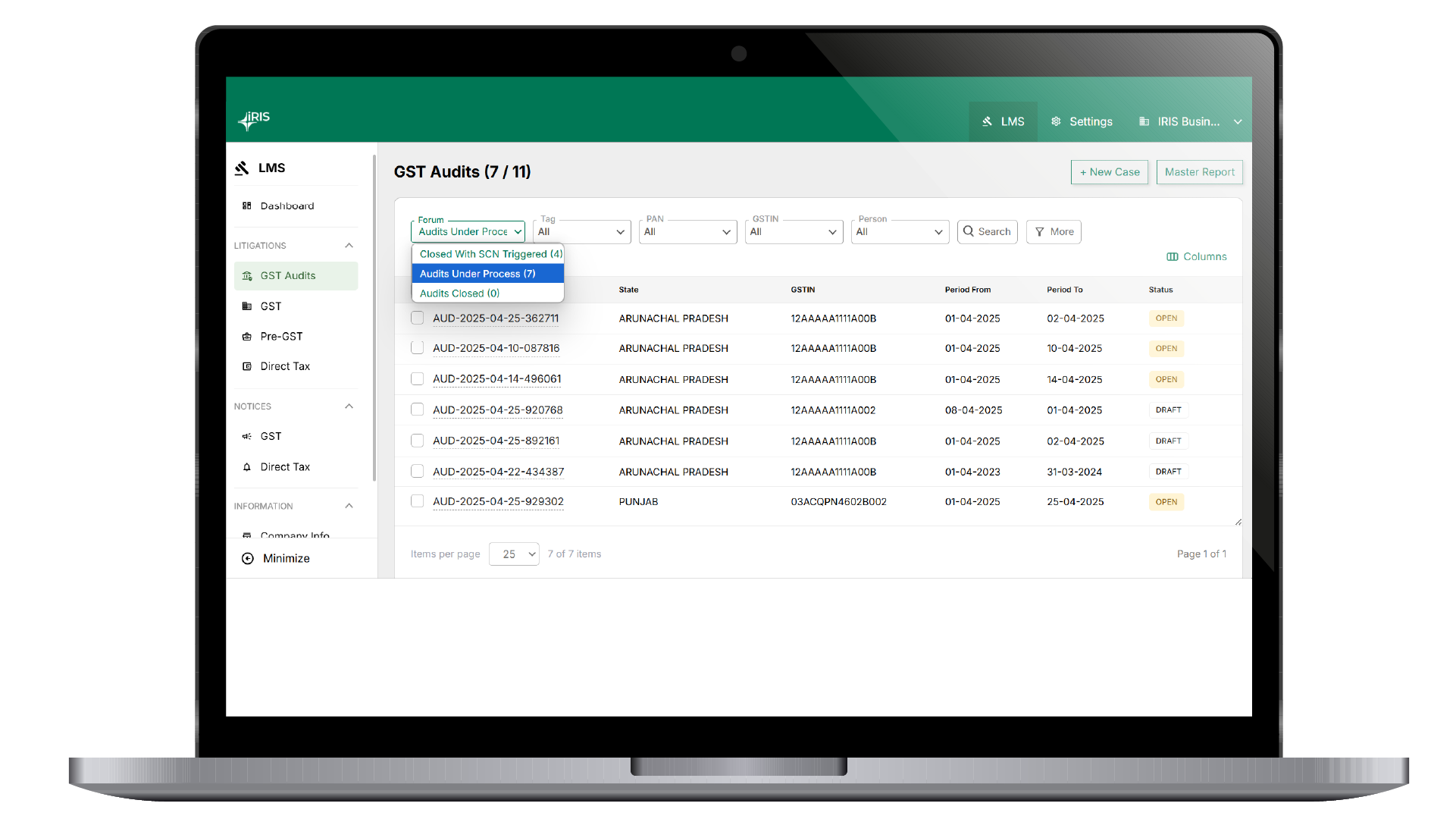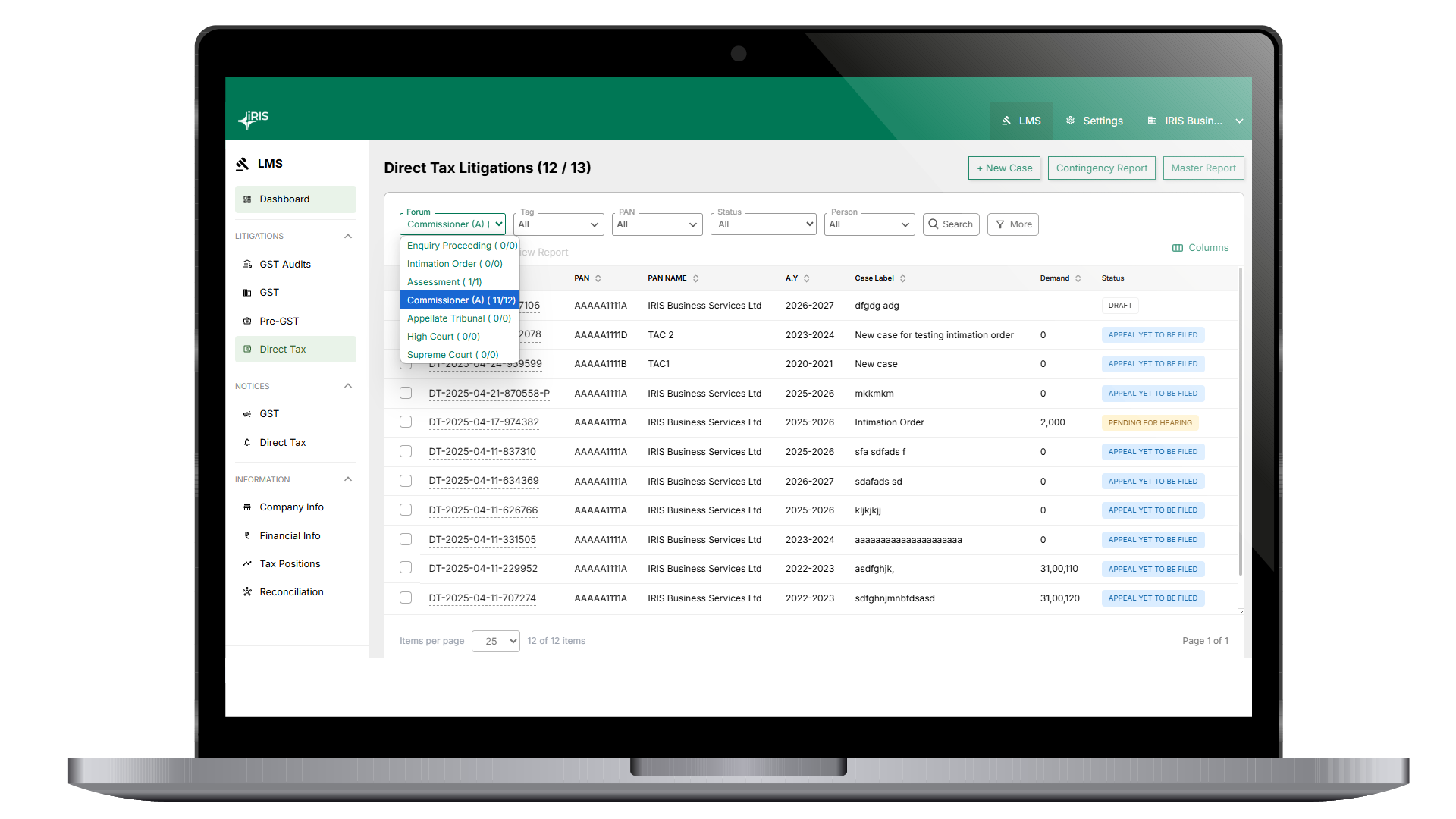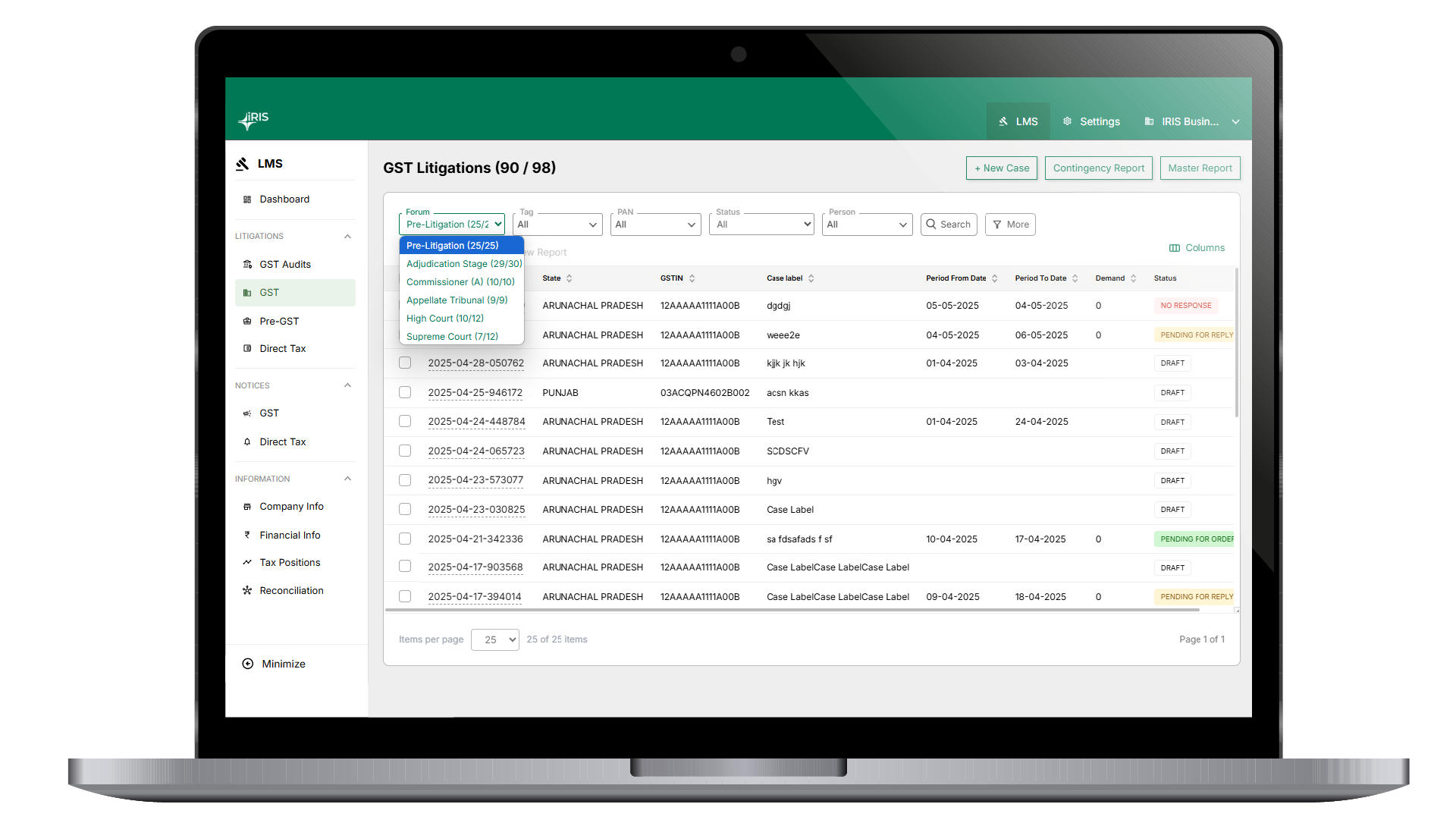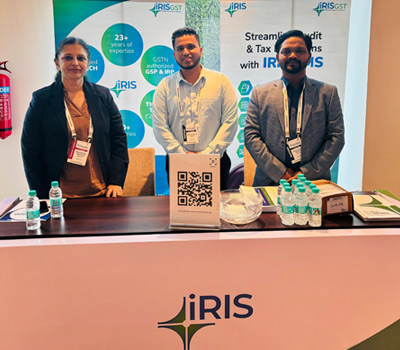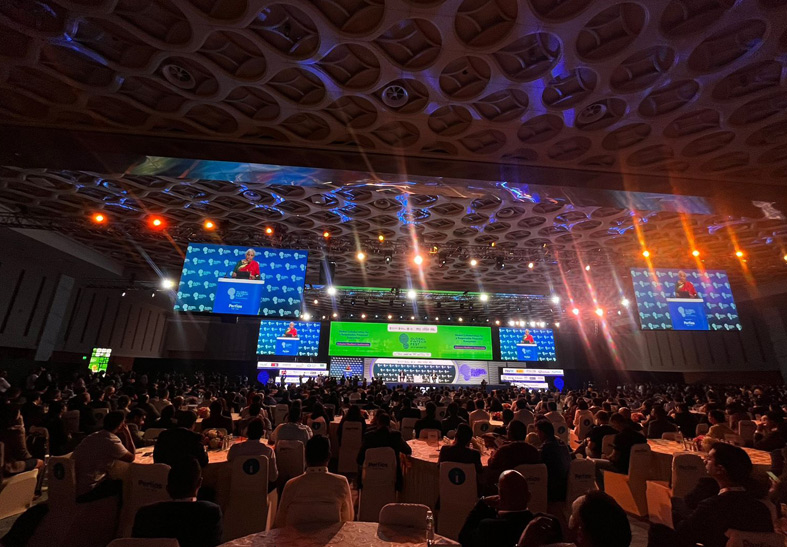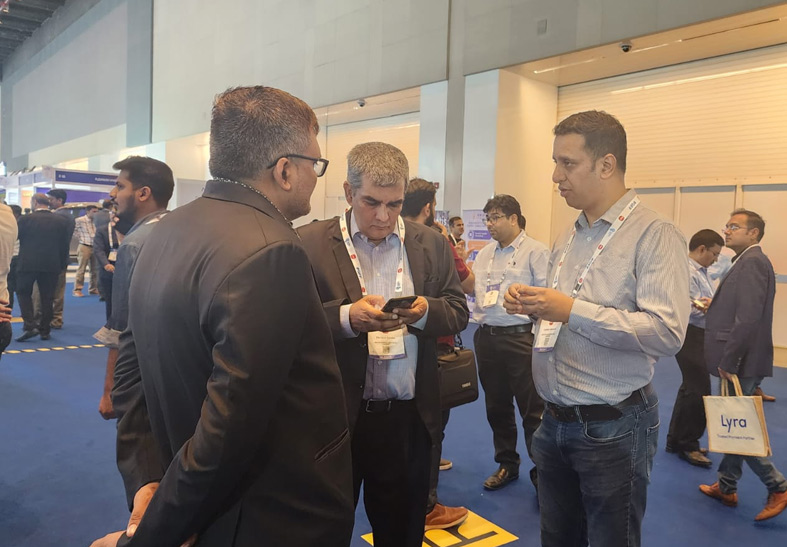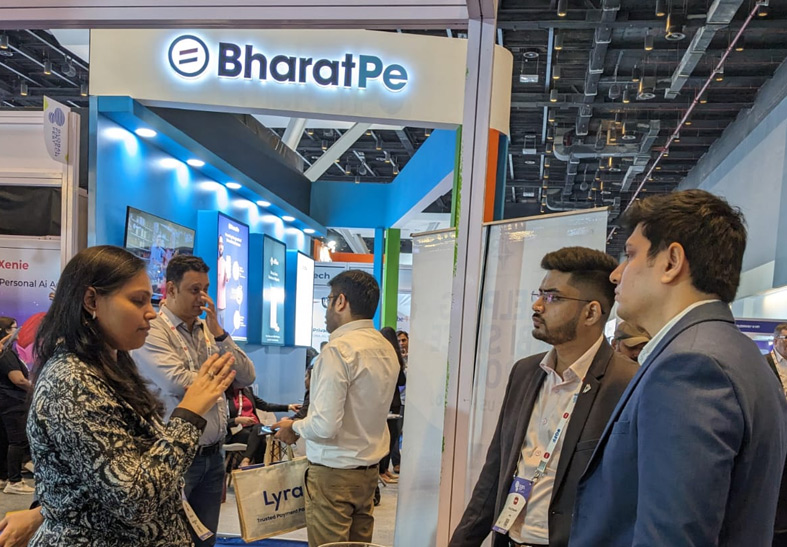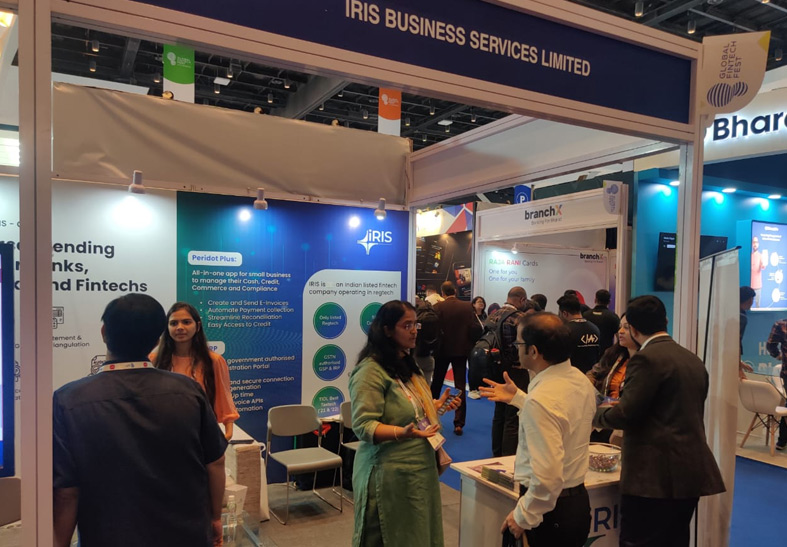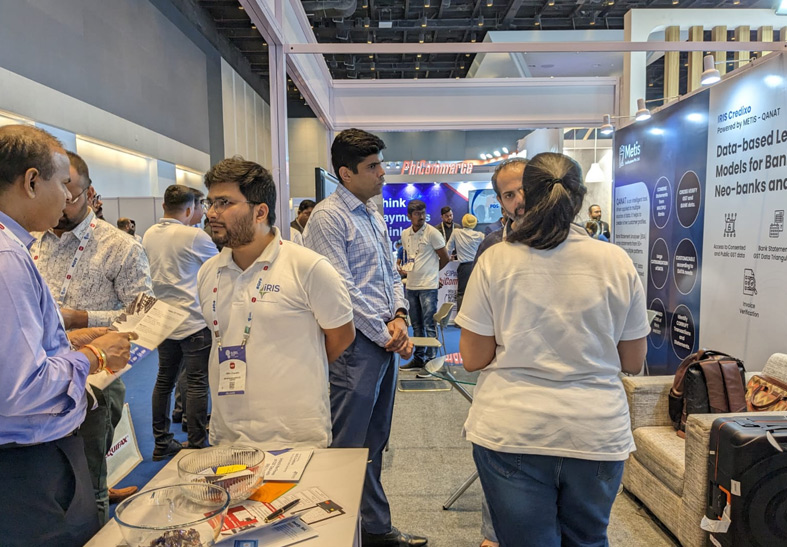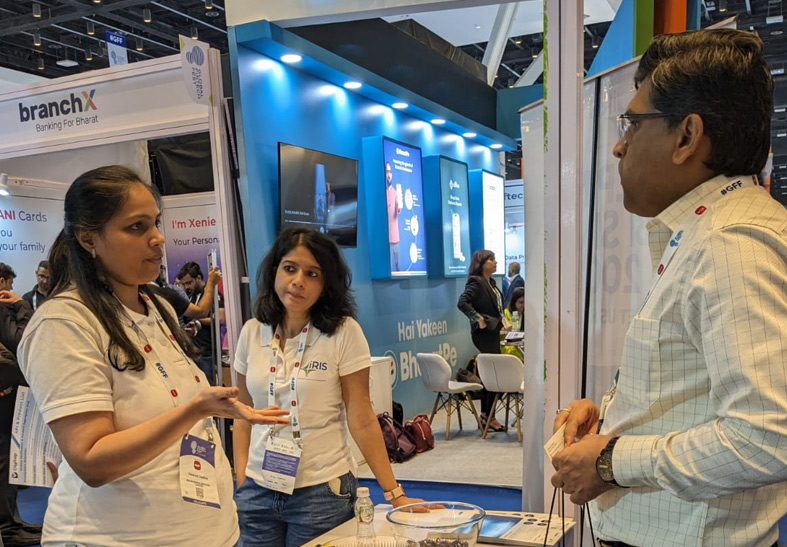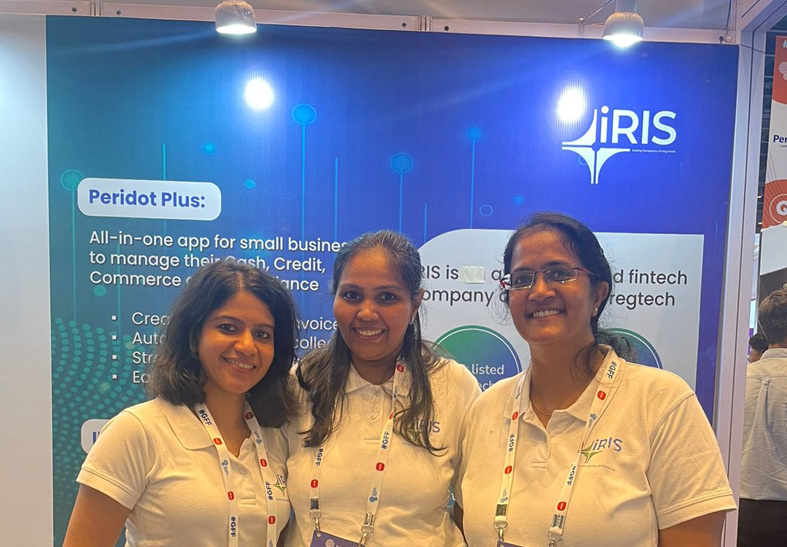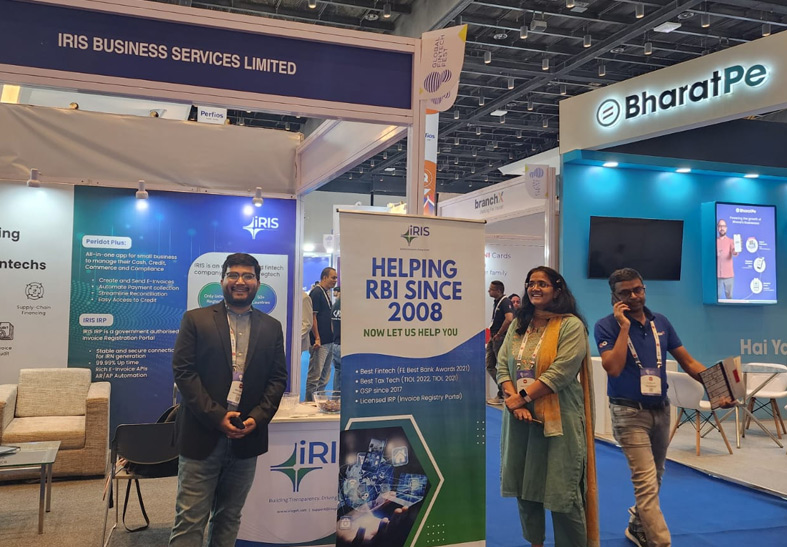
The GST Council, in its 26th GST Council meeting, gave a go-ahead for rolling out E-way Bill. The E-way Bill mandate initially kicked-off with inter-state transactions, followed by intra-state movement of goods. Here are four important things to be aware of E-way bill mandate.
1. Key dates and timelines of E-way Bill implementation
- E-way bill mandate for interstate movement of goods started from 1st April 2018
- While the E-way bill system was initially only applicable for inter-state movement of goods, states adopted and implemented the system in a phased manner and mandated the generation of E-way Bills for intra-state movement of goods as well. E-way bill mandate for intrastate movement of goods started from 15thApril 2018 in a phased manner.
- States for intrastate implementation were divided into 4 lots to execute a phase-wise rollout.
- 1stJune 2018 was the stipulated date by which all states had to start using EWB portal for intrastate movement of goods. Different States introduced e-way bill for intra-State movement of goods at different times. However, all States introduced the e-way bill latest by 16th June 2018.
- There are certain states such as Maharashtra, Delhi, West Bengal where the threshold limit for intra-state movement was kept as Rs. 1 lakh instead of Rs. 50,000.
- State wise threshold limit for E-Way Bill Implementation
| Sr. No. | State | E-way bill threshold limit for intra-state | Relevant Notification |
| 1 | Andhra Pradesh | Rs.50,000 | CCTs Ref. in CCW/GST/74/2015, dated 11th April 2018 |
| 2 | Arunachal Pradesh | Rs.50,000 | CBIC Press Release dated 23-04-2018 and Notification No. 14/2018- State Tax dated 23rd March 2018 |
| 3 | Assam | Rs.50,000 |
Notification No. 30/2019-GST, dated 16th December 2019 e-Way bill for intrastate movement of goods temporarily suspended vide Notification No. 07, dated 7th May 2018 |
| 4 | Bihar | Rs. 1,00,000 | Notification No. S.O. 14, dated 14th January 2019 |
| 5 | Chhattisgarh | Rs. 50,000 (for 15 specified goods only) | Notification No. F-10-31/2018/CT/V (46), dated 19th June 2018 |
| 6 | Delhi | Rs. 1,00,000 | Notification No. 03, dated 15th June 2018 |
| 7 | Goa | Rs. 50,000 (only for specified 22 goods) | Notification No. CCT/26-2/2018-19/36, dated 28th May 2018 |
| 8 | Gujarat | No e-way bill required for goods other than a specified class of goods for job-work amounting to any value | No.GSL/GST/RULE-138(14)/B.19, dated 19th September 2018, Intra-city movement of goods- No e-way bill Intra-state movement of goods- E-way bill is required for all goods except the specified class of goods. |
| 9 | Haryana | Rs.50,000 | Notification No. 49/ST-2, dated 19th April 2018 |
| 10 | Himachal Pradesh | Rs.50,000 | Notification No. 12-4/78-EXN-TAX-17408, dated 31st May 2018 |
| 11 | Jammu and Kashmir | Not required | Notification No. 64, dated 30th November 2019 |
| 12 | Jharkhand | Rs. 1,00,000 (for goods other than specified goods) | Notification No. S.O. 66, dated 26th September 2018 |
| 13 | Karnataka | Rs.50,000 | Press Release, dated 29-03-2018 and notification no. No. FD 47 CSL 2017 dated 23rd March 2018 |
| 14 | Kerala | Rs.50,000 | Press Release dated 10th April 2018 |
| 15 | Madhya Pradesh | Rs. 50,000 (only for specified 11 goods) | Notification No. F-A 3-08-2018-1-V(43), dated 24th April 2018 |
| 16 | Maharashtra | Rs. 1,00,000 | Notification No. 15E, dated 29th June 2018 Transport of certain goods for job work – No e-way bill. |
| 17 | Manipur | Rs.50,000 | CBIC Press Release dated 24th May 2018 |
| 18 | Meghalaya | Rs.50,000 | Notification No. ERTS (T) 84/2017/20, dated 20th April 2018 |
| 19 | Mizoram | Rs. 50,000 | Notification No.J.21011/2(iii)/2018-TAX/Pt, dated 2nd July 2018 |
| 20 | Nagaland | Rs.50,000 | Notification No. 6/2018. Dated: 19th April 2018 |
| 21 | Odisha | Rs.50,000 | Press Release dated 31st May 2018 |
| 22 | Puducherry | Rs.50,000 | Notification No. F. No. 3240/CTD/GST/2018/3, dated 24th April 2018 |
| 23 | Punjab | Rs. 1,00,000 | No. PA/ETC/2018/175, dated 13th September 2018 – No EWB is required for the intra-state movement of goods in specified cases. |
| 24 | Rajasthan | The limit was Increased from Rs.50,000 to Rs.1,00,000 for all taxable goods except those falling under Chapter 24 and Heading 2106 videNotification No. F.17(131- Pt.-II) ACCT/GST/2017/6672, dated 30.03.2021 | Notification No. F.17(131)ACCT/GST/2018/3544, dated 16th May 2018 Intra-state movement of goods for the purpose of Job Work- No e-way bill vide Notification No. F17 (131) ACCT/ GST/2017/3743, dated 6th August 2018 |
| 25 | Sikkim | Rs.50,000 | Press Release dated 23rd April 2018 |
| 26 | Tamil Nadu | Rs. 1,00,000 | No e-way bill – For a certain class of goods as per Notification No. 09, dated 31st May 2018 |
| 27 | Telangana | Rs.50,000 | Press Release dated 10th April 2018 |
| 28 | Tripura | Rs.50,000 | Notification No.F.1-11(91)-TAX/GST/2018 (Part- I), dated 17th April 2018 |
| 29 | Uttar Pradesh | Rs.50,000 | Notification No. 38, dated 11th April 2018 Notification No.-E-way bill- R.F.I.D./sachaldal/2018-19/1025/commercial tax, dated 7th September 2018 – Provides the date from which the transporters are required to place R.F.I.D. tag on the windscreen of the vehicle carrying goods. |
| 30 | Uttarakhand | Rs.50,000 | Notification No. 239/CSTUK/GST-Vidhi/2018-19, dated 17th April 2018 |
| 31 | West Bengal | Rs. 1,00,000 | Notification No. 11/2018-C.T./GST, dated 30th May 2018 Notification No. 13, dated 6th June 2018- For intra-state movement of goods, an e-Way Bill is required only if the consignment value exceeds Rs. 1,00,000/- |
2. Transactions for which an E-way bill needs to be generated
Even if the movement of goods is caused due to reasons other than supply, an e-way bill is required to be issued. The reasons other than supply include movement of goods due to:
- Export/Import
- Job Work
- Semi Knocked Down (SKD)/Complete Knock Down (CKD)
- Recipient (Unknown)
- Line Sales
- Sales Returns
- Exhibition or Fairs
3. Generating E-way bill for values less than Rs. 50,000
For certain specified goods, the e-way bill under GST needs to be generated mandatorily even if the value of the consignment of goods is less than Rs.50,000
- Interstate movement of goods by the principal to job worker and from job worker to the principal
- Interstate transport of handicraft goods by a dealer exempted from GST registration
4. When an E-way Bill is Not Required?
- Movement of Goods in non-motorized vehicle
- Movement of Goods from Port/ land custom station to ICD (Inland Container Depot) or CFS (Container Freight System)
- Movement within the area notified by the government
- For movement of exempted goods under GST except for de-oiled cake
- When there is no supply of goods in accordance with Schedule III of the CGST act
- Supply of Goods not covered under GST (Alcoholic liquor for human consumption, petroleum crude, etc.)
- Movement of specified goods, like Gems, Jewellery, precious stones, Currency, Used personal and household effects, Kerosene oil sold under PDS, Coral worked or unworked
**Note: No Part B to be filled in E-way Bill, when the distance between the place of business (supplier) to the transporter is less than 50 KM within State or Union Territory OR when the distance between the place of transporter and recipient is less than 50KM within State or Union Territory.
IRIS is an established GST Suvidha Provider (GSP) and was one of the first GSPs to complete the integration with NIC’s E-way Bill System. Our E-way Bill solution, branded as IRIS Topaz, is an end-to-end solution for entire E-way Bill operations. IRIS Topaz can be accessed through the web, desktop utility, and APIs.
Or you can write to support@irisgst.com for your queries.
